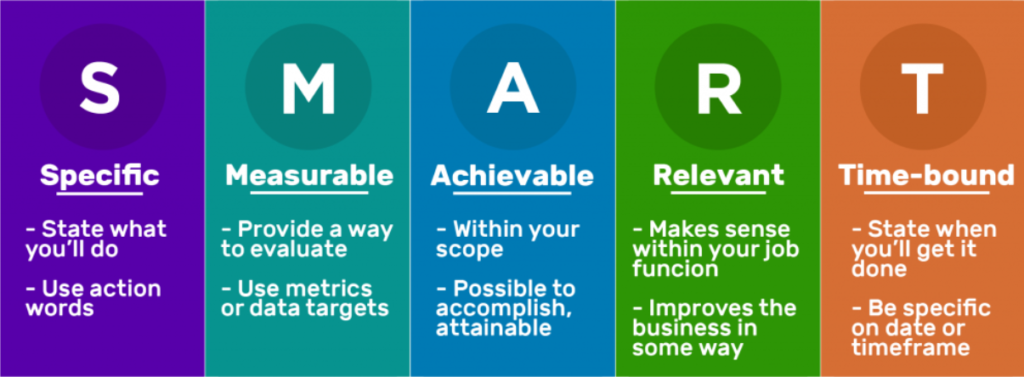Does Success Have A Finish Line?
Is your measure of success clear or are you striving for an undefined finish line? When you go on a vacation you know where you are starting from, where you are going and how you are going to get there. Even if you aren’t travelling to a new location, you are aiming for a new destination. If you want to bring success into your life, then those same elements are key. To create success, you must be clear on where you are right now, as well as what achieving success looks like to you. Success looks different for everyone so each of us must complete their own quest. As such, there are certain lessons that you must learn on your own in order to level-up in your life. To discover what success means to you, just follow this system. In the steps below you can create a plan to achieve the success you desire in whatever area of your personal or professional life you choose. You will discover the success habits you need to include in your life to achieve your goals. First, you need to decide exactly what you want to achieve (your goal) before you can expect to achieve it. Write it down. Be very descriptive and use the present tense as if it’s happening NOW. Write down WHY achieving this goal is so important to you. What does it mean to you? How motivated are you to achieve this goal? Then, write down how you will FEEL when you finally achieve your goal. How will your life look? How will your thoughts, feelings, or emotions change? Again, be very specific and detailed, and write using the present tense. Next, write down your current situation and how that makes you feel. Although that is how you feel right now, try writing it in the past tense. This will help you in changing the way you think about your situation and moving towards creating the success you want. Your mind will begin to distance itself from your current situation and further support you in moving towards your goal. You now have your starting and ending points on your journey to success. Now you need to find out HOW you are going to get there… What needs to change within you to shift your perception of your current situation and to get you from where you are to where you want to be? Write down each step. You will find that you will need to look at your mind-set, behavior and habits…your reticular activating system will actually prevent you from seeing possible scenarios that are contrary to your controlling beliefs. Identify potential blocks to achieving your goal. Write them down and add how you will overcome them if they pop up. If you cannot imagine possible obstacles or how to overcome them, then leave space to add to this section later. Clarity in this step will make this journey much less intimidating. By completing the tasks above you are conquering one of the key success habits; goal setting. You are also learning to understand yourself better, which is crucial for success because self-knowledge and a positive mindset will allow you be more resourceful in the moment using your natural skills. To achieve success you need to understand what success is, what it means to you and how you will achieve it. Then you need to take deliberate action. If you enjoyed this exercise and would like to try my newest Alphadog Awareness mini-course you can still get it for FREE here. ~Wishing you success!
Does Success Have A Finish Line? Read More »





